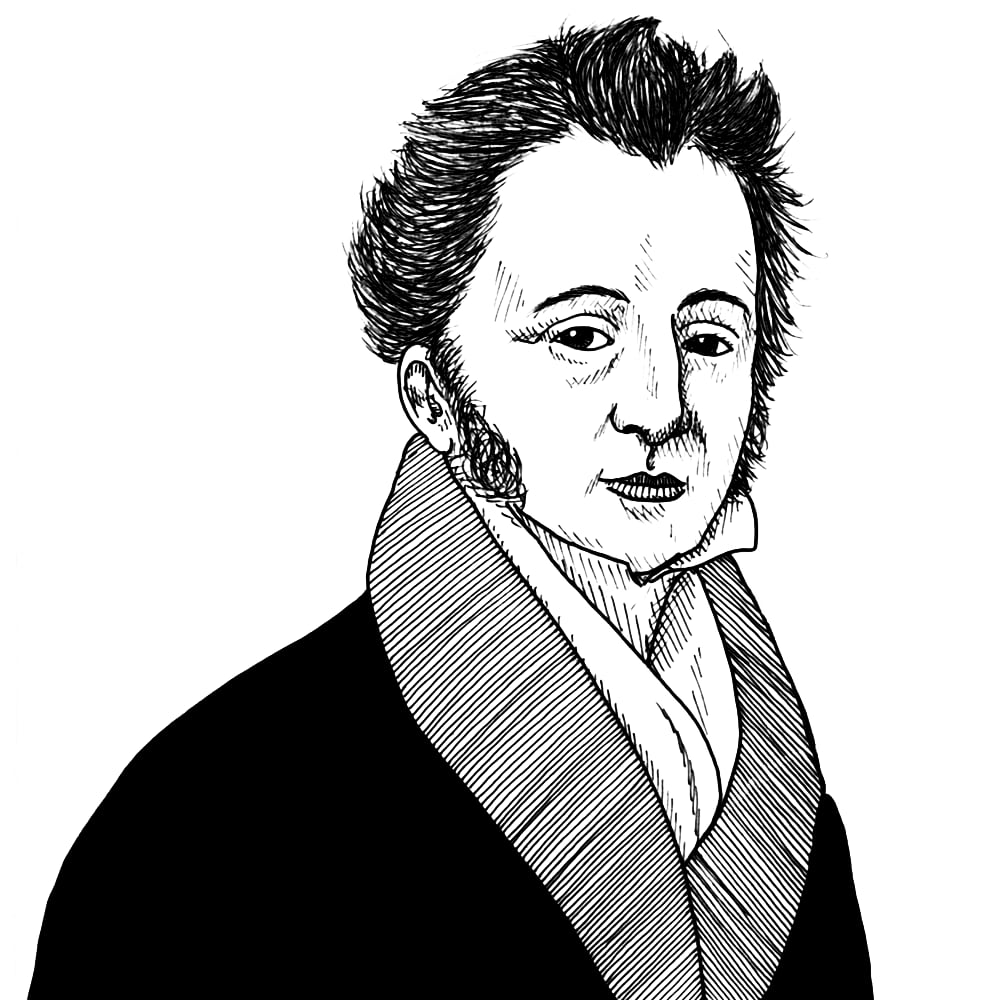
George Grote on the difficulty of public opinion alone in curbing the misuse of power by “the sinister interests” (1821)
Found in: Statement of the Question of Parliamentary Reform
The Philosophic Radical George Grote (1794-1871) wrote this defence of democratic reform of the British electoral system in 1821. He noted the special problem posed by the concentration of political benefits being concentrated in a few hands and the costs being dispersed over very many individuals:
Politics & Liberty
The wrongs of a Government, which conducts its measures with any degree of policy, are, from their nature, such as stimulate our sympathies most feebly. It does not inflict any grievous injury upon a single individual. Its extortions impose but a trifling privation on each member of the community; and, though the amount of wrong may be enormous, when this petty privation is multiplied into the numerous assemblage on whom it falls, yet this is a circumstance which does not submit itself to our view, and kindle our sensibilities, but seems to belong rather to the province of cool subsequent reflection. Our feelings are dissipated and crumbled away amidst so scattered a multitude, nor can we stop to compute the immensity of a sum total which has been craftily subdivided into units.